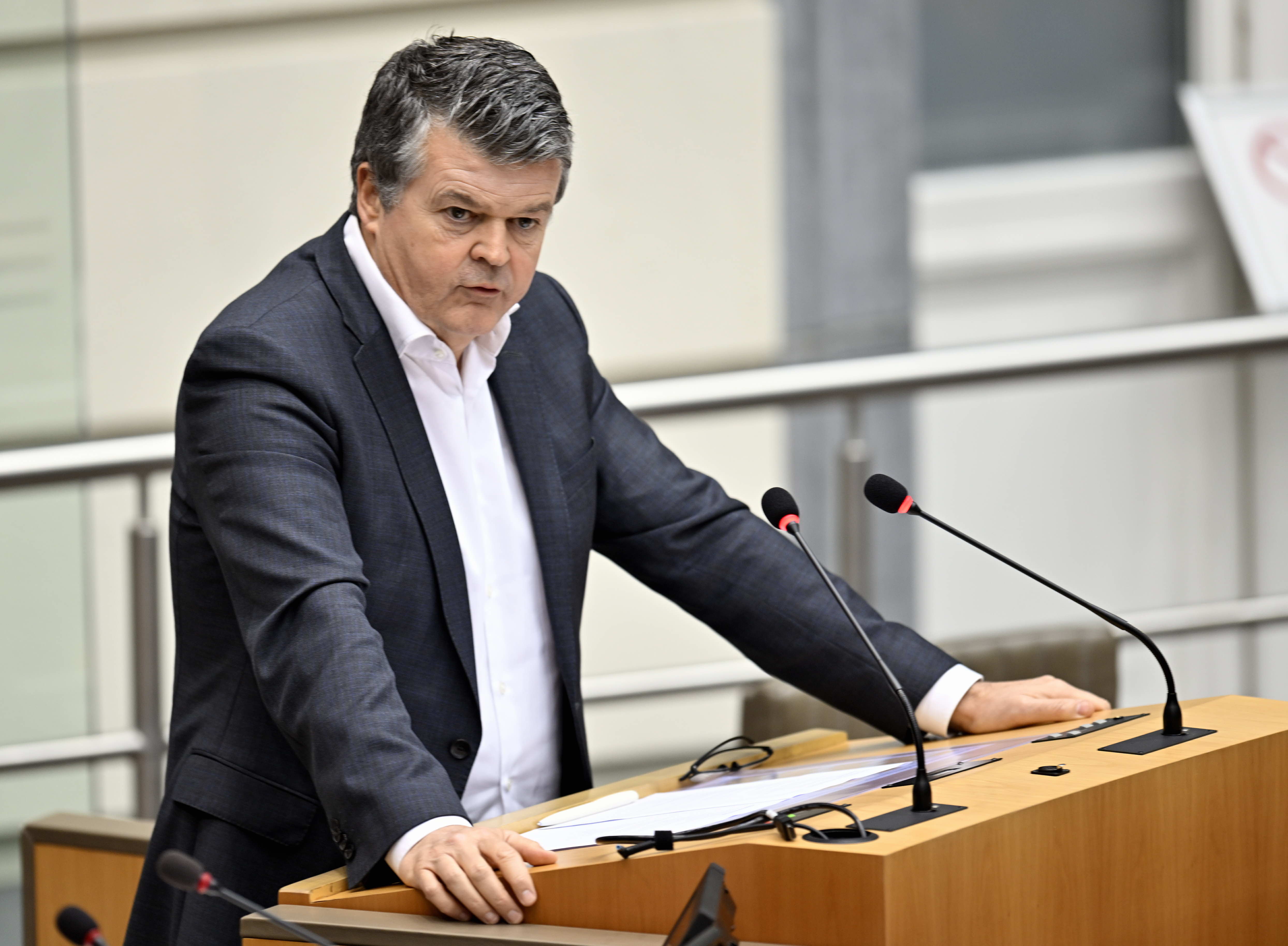Flanders declares 12 of 89 recognition dossiers local faith communities inadmissible

Of the 89 recognition dossiers resubmitted by local faith communities in Flanders, 12 Islamic faith communities have been declared inadmissible. Flemish minister of Living Together Bart Somers (Open VLD) announced this in the Flemish Parliament on Tuesday.
In total, the Flemish government received 89 applications. Nine applications came from both Orthodox and Protestant communities, all of which were declared admissible. Of the 71 applications from Islamic religious communities, 59 were admissible, while 12 were not.
In 2019, former Flemish Home Affairs minister Liesbeth Homans (N-VA), who chairs the Flemish Parliament today, decided not to issue any more new recognitions, as the then decree contained insufficient control mechanisms. As a result, 99 recognition applications remained unanswered.
Since October 2021, there has been a new decree on recognising local faith communities. Of the 99 local faith communities that applied in 2019, 89 reapplied for recognition. After an admissibility check, 77 dossiers remain. These will be further evaluated.
Meanwhile, Flemish MP Nadia Sminate (N-VA), who inquired with minister Somers about a state of affairs, pleads for a temporary halt to further recognition of new Islamic religious communities.
She refers to the representative body, the Executive of the Muslims of Belgium (EMB), which has lost its recognition for several months. Yet, according to her, "the same dubious figures from that body continue to look after the ongoing affairs". Sminate also questions the theological support the mosques receive.
Minister Somers does not intend to shelve the recognition procedure for new Islamic religious communities. According to him, the role of the Muslim Executive as a representative body is limited to passing on the recognition dossier.
It is up to the Flemish government to further assess the dossier in terms of admissibility and content. Thus, after the admissibility check, there is another investigation by the new Information and Screening Service. There are opinions from the provinces and local authorities, and an opinion is also requested from various federal services ranging from State Security to OCAD.
"The representative body, therefore, in no way decides whether a local religious community will be recognised. Instead, the minister decides based on all the information gathered," minister Somers stressed.
Minister Somers said theological support is outside the government's competence. However, Thomas More University College has been asked to work out a professionalisation path through which local communities will receive information, not only on legal and accounting matters but also on fundamental rights in our society, the separation of church and state, freedom of speech, and more.
#FlandersNewsService | © BELGA PHOTO Eric Lalmand